Alright – so today we’ve got the honor of introducing you to Riana Elyse Anderson. We think you’ll enjoy our conversation, we’ve shared it below.
Riana Elyse, looking forward to learning from your journey. You’ve got an amazing story and before we dive into that, let’s start with an important building block. Where do you get your work ethic from?
As the old adage goes, “I get it from my mama”. Dr. Elena Anderson worked almost every job possible within the Detroit Public Schools. She went from intern, to secretary, to teacher, to counselor, to Assistant Principal, to Principal. I’d watch her work late hours to ensure that kids had the best possible outcomes they could have, and would enlist my family to watch over and supplement the care provided to me. When I found myself also leaving the house at 5:30am to make it to work, I laughed and realized just how much her persistence was wired into me. Since the height of the pandemic, when I found myself working 80+ hours a week and experiencing burnout quite regularly, I have made some drastic changes. I don’t open email after 5pm. I’ve removed email from my phone. I disconnected my smart watch. I try to make Fridays flexible for life and work. I no longer want to remain shackled to the idea of working the way that I was. But I acknowledge that in times like these, when the world seems on fire, my inclination is to work exhaustively on behalf of those intentionally underresourced and marginalized.
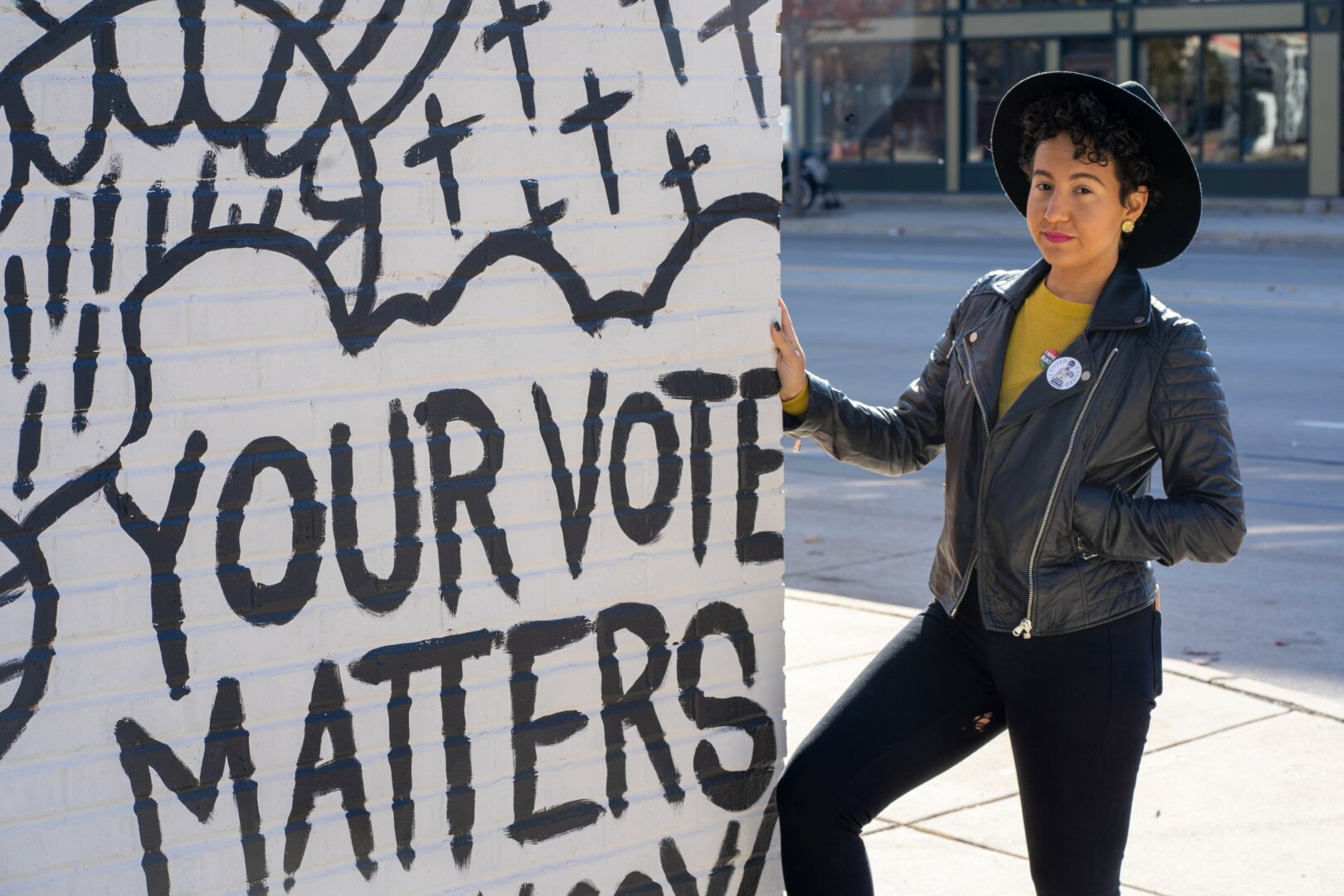
Great, so let’s take a few minutes and cover your story. What should folks know about you and what you do?
I aim to facilitate healing in Black families with practical applications of research and clinical services, as well as through public engagement, mentorship, and policy recommendations. I use mixed methods to study discrimination and racial socialization in Black families and apply findings to help families reduce racial stress and heal from racial trauma. I am particularly interested in how family-based interventions help to improve Black youth’s psychosocial well-being and health-related behaviors. I developed and direct the EMBRace (Engaging, Managing, and Bonding through Race) intervention and love to translate my work via blogs, video, and literary articles. I also founded and run a startup–RACE Space Inc.–to build an app for youth of color called Teens Navigating the Talk, or TNT that *should* launch at some point this year (startups are hard y’all). I love to translate science to the world and have contributed to over 150 blogs, articles, and media hits, including CNN, The New York Times, Washington Post, The Times London, Huffington Post, Psychology Today, Women’s Health, WebMD, and NBC. I also co-founded Our Mental Health Minute, a psychoeducational multimedia organization geared towards reducing stigma in the Black community by emphasizing brief culturally-relevant mental health practices and problems. I also consult with national companies and organizations, including Google, YouTube, and Nickelodeon.

If you had to pick three qualities that are most important to develop, which three would you say matter most?
-persistence
-resilience
-grace
I have failed MANY times. The key to the most successful folks or initiatives on the planet is trying again after the first, fifth, or fiftieth attempt. Being persistent and not wallowing in self-pity may be hard for anyone, but particularly for Black women in academic spaces. We are constantly told we’re not good enough, whether directly, implicitly, or practically. And yet we must persist. Rejection is absolutely a part of the game so what do I need to do to remain in the game and not bow out too soon?
On that same note, the ability to be flexible and adapt in the face of hardship, or resilience, is a key attribute. Do you need to shift a concept to make it more palatable for users? Does your writing style need to look different depending on the outlet? Did your feathers get ruffled during the last performance review? If so, how can you learn from the experience and build a better, stronger version of yourself for the next opportunity? That’s a function of being resilient.
Finally, something I struggle with often is giving myself grace when any of the above happens. I believe I’m perfect and that everyone else should be able to read my mind, but, lo and behold, none of these things are true. I will make mistakes. Folks around me will not know how to best support me. So the only one holding the capacity to support me through all of life’s challenges is me.

Is there a particular challenge you are currently facing?
Oh, let’s just say there’s someone in an important federal office that is attempting to silence my voice and that of my colleagues who study or work on issues of racism. I’m continuing with my expertise, brilliance, and resistance to ensure that the science and the work makes it to its intended consumers. I will not be deterred.
Contact Info:
- Website: https://rianaelyse.com
- Instagram: @rianaelyse
- Linkedin: https://www.linkedin.com/in/rianaelyse/
- Twitter: left it – the hardest thing to do 🙁
- Other: good old email: riana.e.anderson@columbia.edu
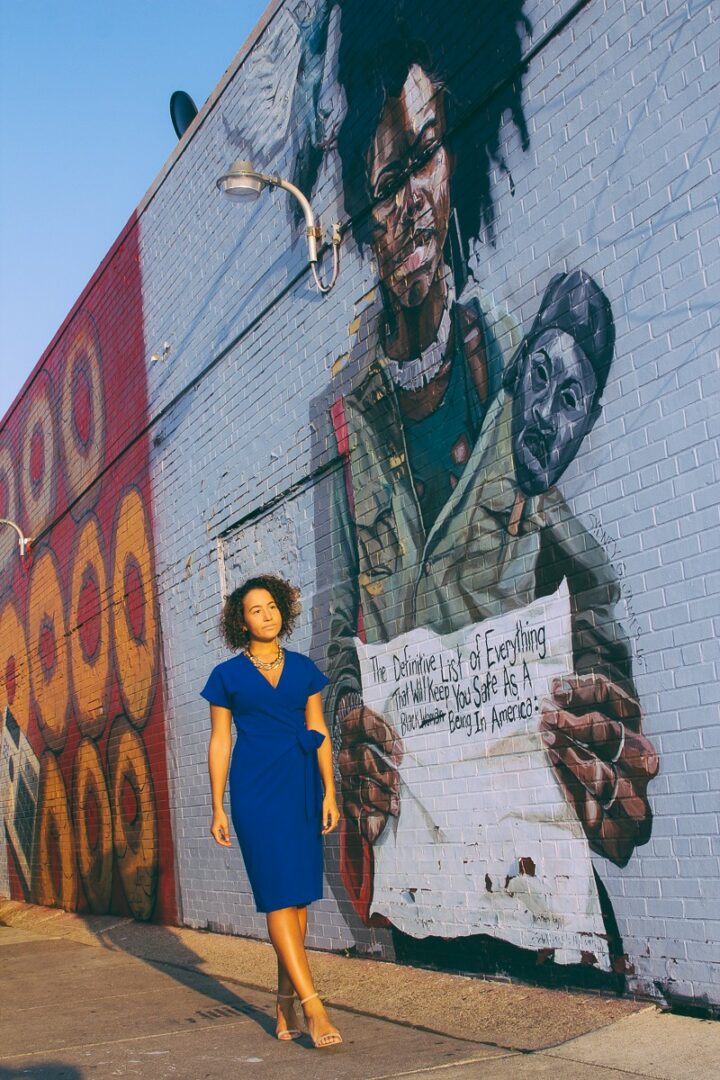
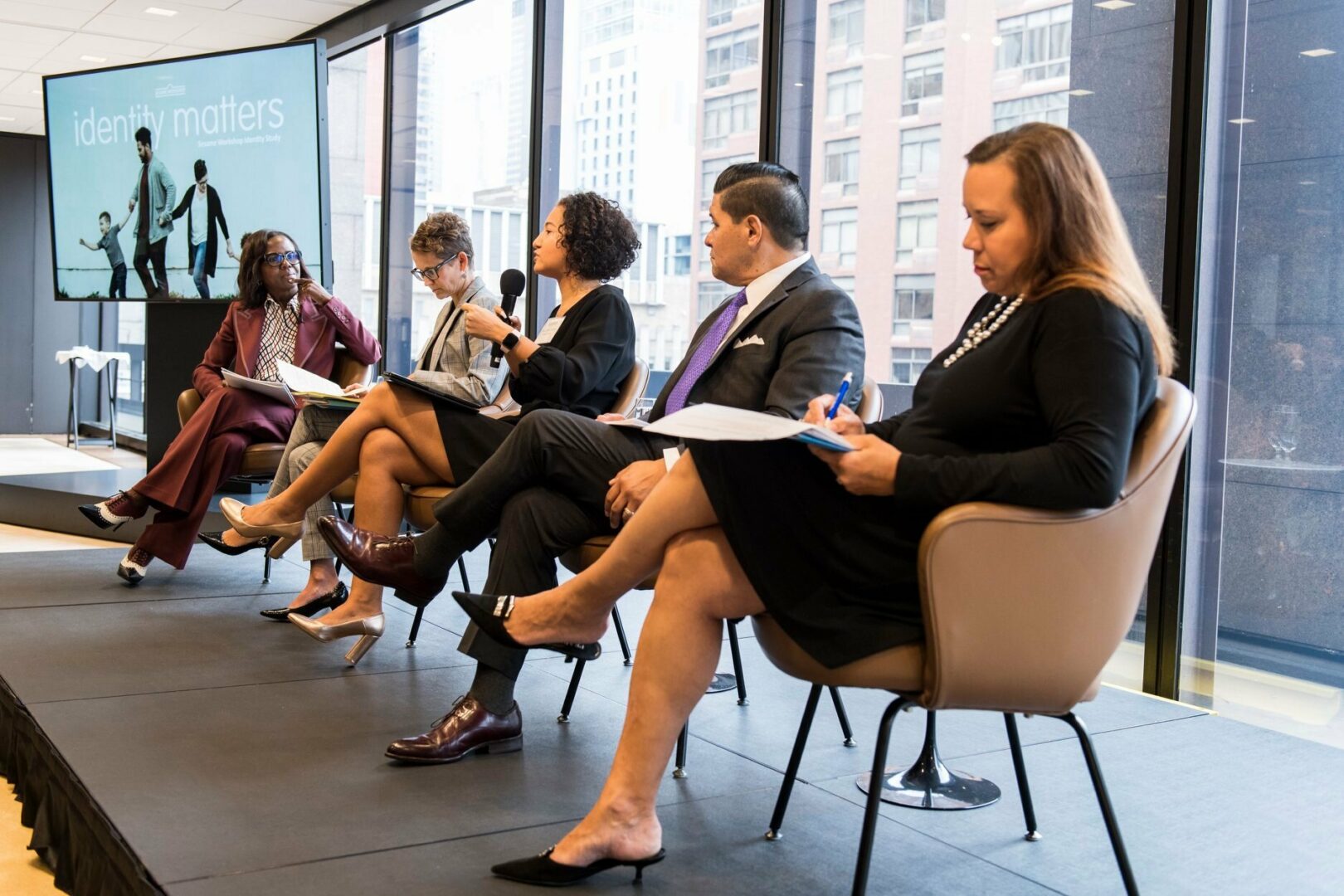
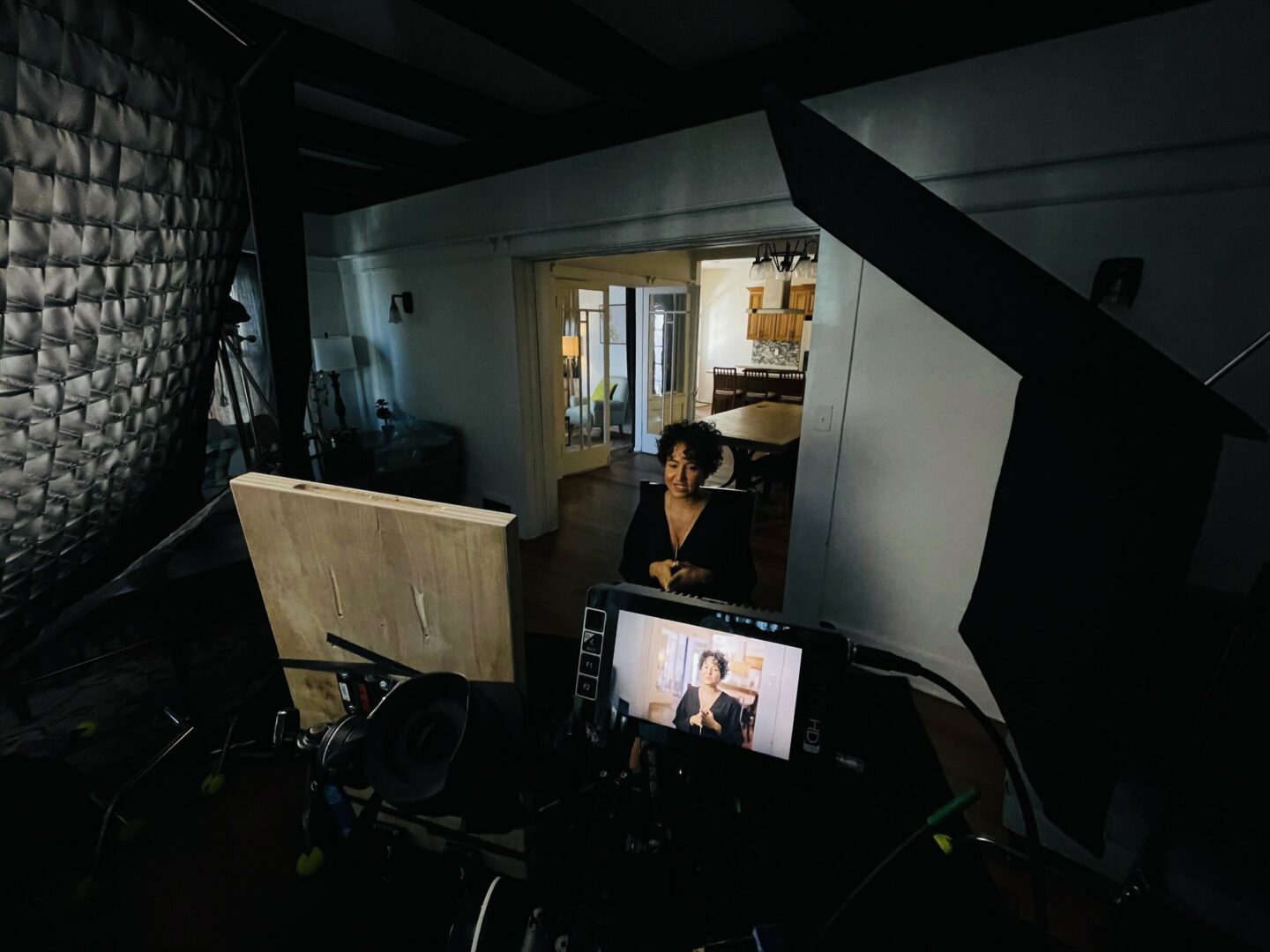
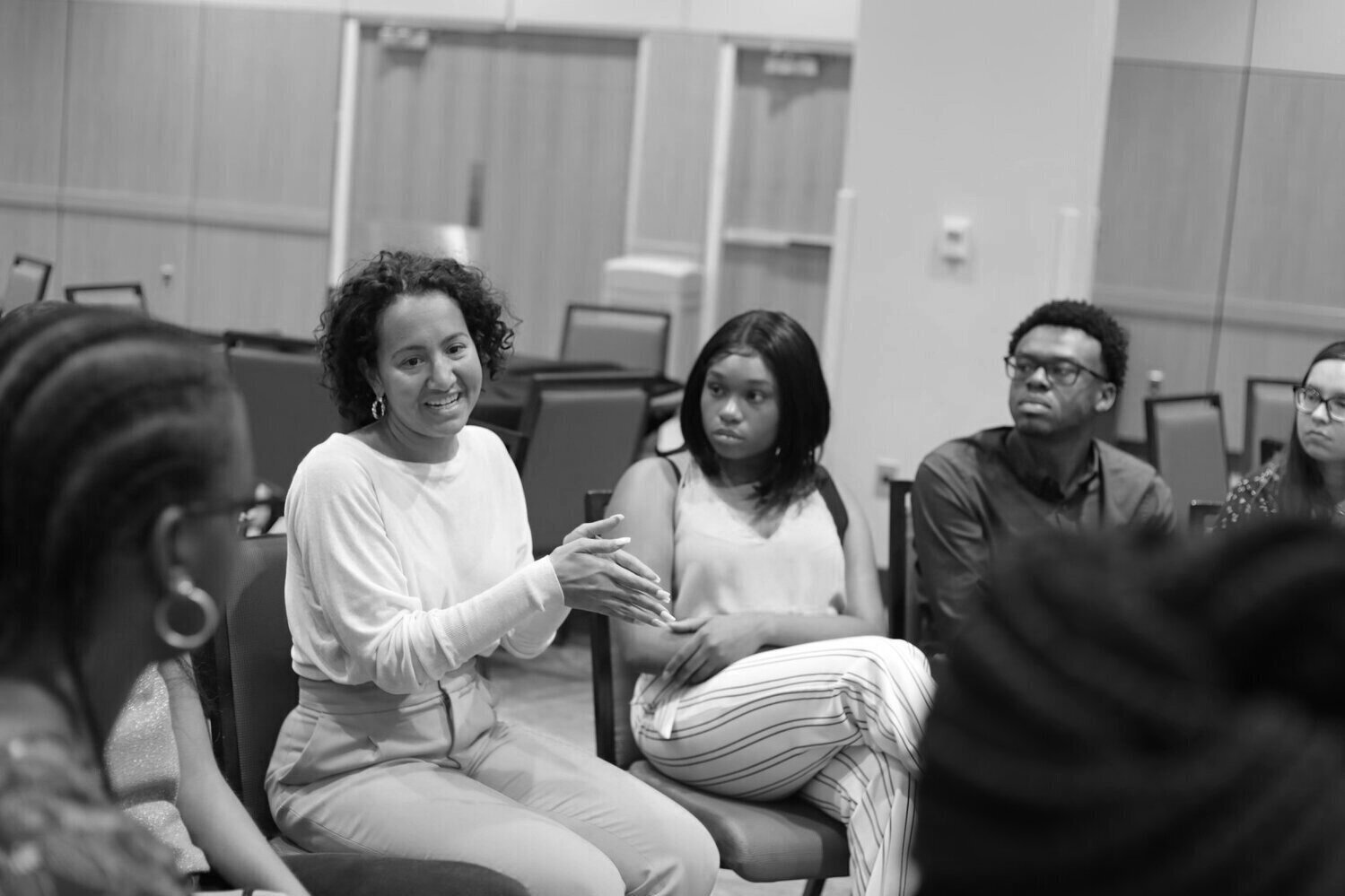
Image Credits
-DeRonn C. Kidd
-Matthew Williams
so if you or someone you know deserves recognition please let us know here.




